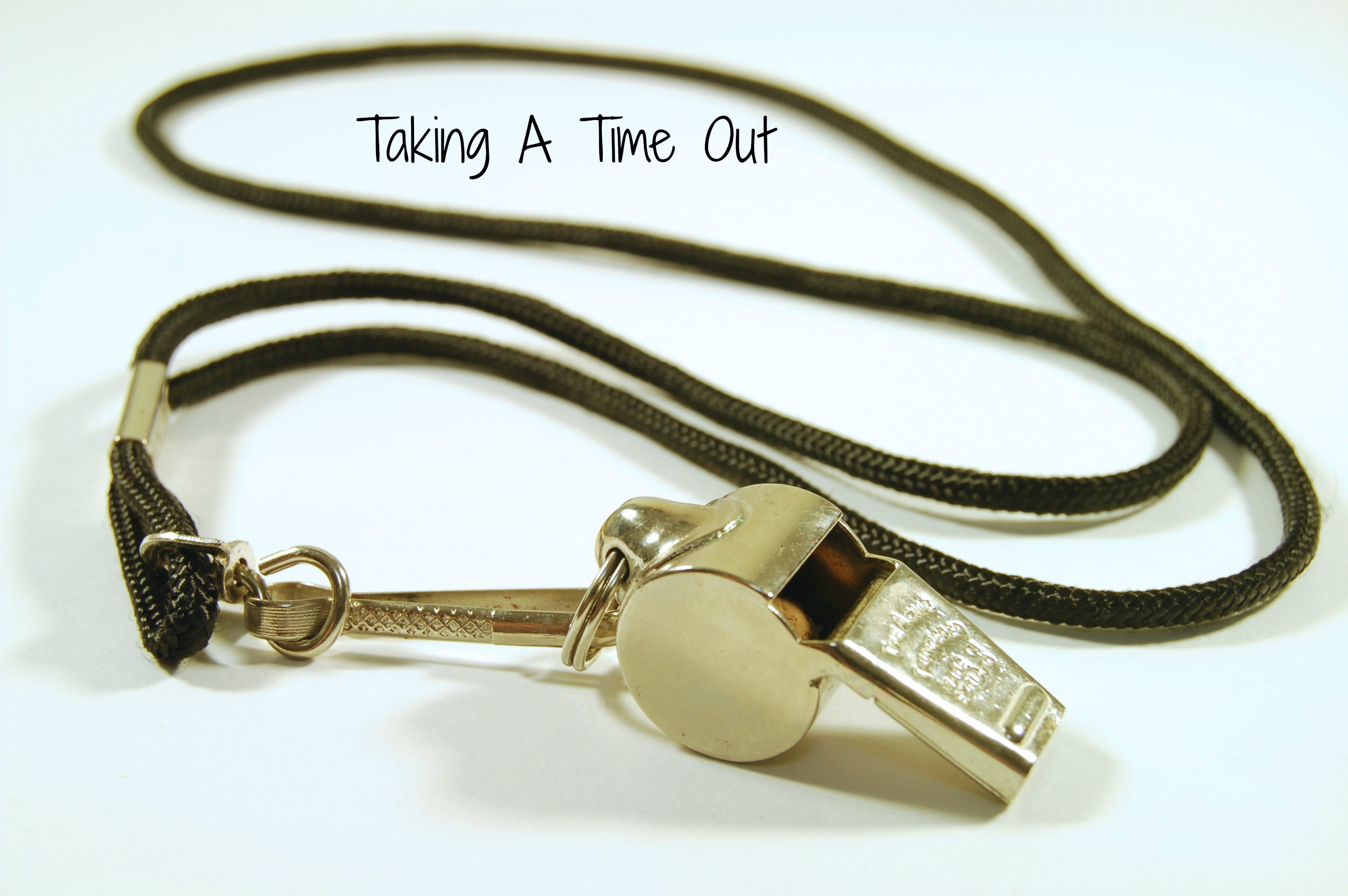Taking Time Outs
Have you ever had an argument with someone in which you became so angry that you said things you regretted, “lost your cool,” or “dragged in everything but the kitchen sink”? Or maybe you have been on the receiving end of an argument like that. Either way, it is the type of argument that leaves both parties upset, and frankly can add to the miserable feelings rather than solving anything. The problem for most people, though, is that they have never learned the tools for handling strong feelings in a productive way. If you are among the millions of Americans who have struggled with this, here are some tips for turning those situations into something productive:
Take a time out, but tell the other person when you will be ready to talk. Make sure that it is within three hours. Don’t leave them hanging a long time, or worse yet, indefinitely. Furthermore, decide on a place you will meet to reconvene the discussion.
During the time out, think about your feelings. Identify, and write down, specifically what happened that upset you.
Next, write down how you felt about it. Were you sad or jealous? Did you feel ignored or lonely? Did something that happened make you feel unimportant? Really dig down deep and consider what you really felt. Anger is usually an emotion that bubbles to the surface as a defense, rather than being the triggering feeling. It is often the reaction to a more painful feeling that throws us into defense mode, or even attack mode. So, peel back the layers and examine what the feeling was that really sparked the rage.
Once you have examined your feelings, write down some suggested solutions to the problem. What would make you feel better? What seems like a reasonable solution? Don’t settle on one solution. Brain storm and come up with several different options.
Lastly, re-read what you have written. Often after writing about such heated issues, we cool down and see things a little differently. Are there any changes you would like to make to your solutions? Are they reasonable?
Once you have processed through the situation on your own, reconvene with the person with whom you were arguing and discuss the thoughts you have written down. Allow the other person to do the same. Chances are, this time the disagreement will go much more smoothly.
Remember that time outs don’t have to be punishment. They can be useful even for adults as they give us time to reconnect our emotions to our logic. We regain balance and can then communicate more honestly and productively with others, thereby improving not only the relationships we have, but also the way we feel about ourselves.
Click here for more information on Anxiety Treatment.
Tamra Hughes, MA, LPC http://www.thcounseling.com





